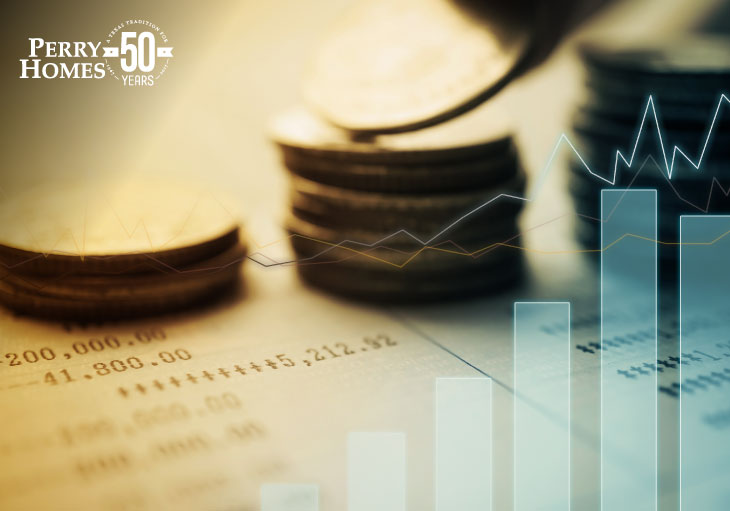
Should You Pay Off Your Mortgage Early?
Owning a home is the ultimate American dream. You plan and save until you can finally put money down on your dream home. Once you begin paying the mortgage, you may start to think about your repayment options and how you might be able to contribute a bit of extra money to pay it off sooner. Being mortgage-free would be nice…or would it? There are several things to consider before you decide that paying off a loan early is the best option for you and your family.
In past generations, it was common for people to buy a home and then live in it for many years, often staying until retirement in the same home they raised a family in. Now, people are more mobile, and it is not uncommon to move houses several times in the course of one’s life. Additionally, refinancing is an option that many modern homeowners utilize, which extends the life of the traditional 30-year mortgage. Even with these new home buying trends considered, there are pros and cons to paying off your mortgage early, and it is important to weigh them to determine what will work best for your situation.
Consider your 401K
This may be the most important thing to take into account when making your decision, for a few different reasons. A study by economists found that nearly two-thirds of people who were working toward paying off a mortgage early should be putting that money toward their 401K instead, because the investment returns are higher, especially if your employer matches your contributions. If you are older and think it would be a good idea to take money out of your 401K to pay off a mortgage, stop and re-evaluate this plan to take into account the additional taxes you will pay on the distribution of this money.
Maintain your positive credit profile
Carrying a mortgage and paying it on time helps you maintain a healthy credit profile, which will help you if you need to borrow money in the future. A mortgage is considered responsible or good debt as you have a physical asset securing the debt (unlike a credit card). Each month that you pay on time results in a positive report to the credit bureaus. When your loan is paid off, there will not be regular positive reports. However, if you have little to no debt and continue to show credit worthiness in other aspects, this will likely have just a minor impact on your score.
Mortgage interest is low; investment returns are high
As we mentioned above, mortgages have a physical asset that secures the debt, and this results in lower interest rates than what you would find with credit cards or other types of debt. Also, you could potentially be investing the extra money you are putting toward the mortgage with a diversified mix of investments over the period of the loan.

Have cash flow
When all is said and done, paying off a mortgage early will free up cash flow. However, you need to consider the amount of cash you will not have access to over the years by dedicating extra money to the mortgage every month. Having no debt is nice, but having liquidity is equally important, in case an emergency arises. Assess your personal situation and then use what works for you. If you have enough in your budget to contribute to an extra mortgage payment even with your contributions to emergency fund savings, go for it.
Peace of mind
For all the arguments against paying off a mortgage early, perhaps one of the strongest reasons to do it is for peace of mind. A mortgage is typically the largest debt you will carry in your lifetime, and having that burden off your shoulders can offer enormous psychological benefits. The financial freedom that comes from this achievement outweighs the cons of paying off a mortgage for many people.
What you choose to do is entirely up to you, but in reality, it does not have to be all or nothing. You can be smart about both mortgage repayment and savings if you take a balanced approach. Sit down with your family and discuss your options based on your finances and then create an informed plan.
